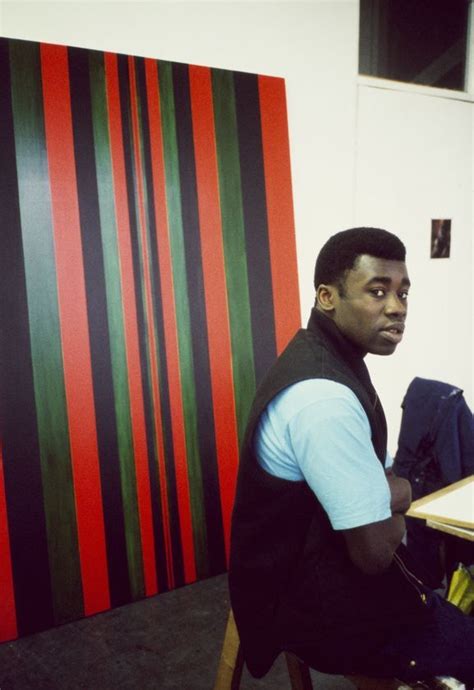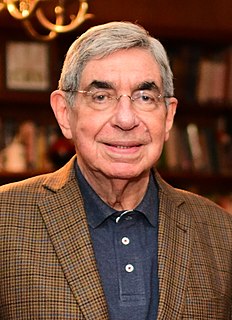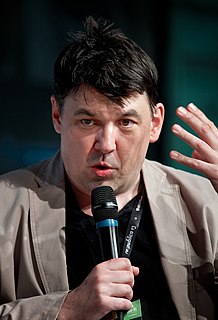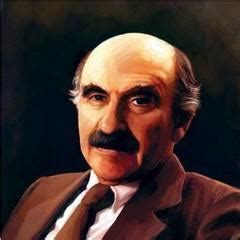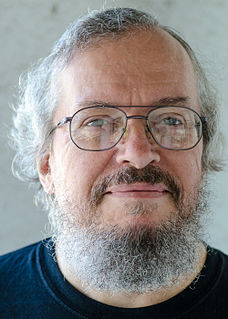A Quote by Karyn Kusama
We have to accept that making movies is a never-ending process of occasional progress, frequent setbacks, and unexpected curveballs being thrown our way. Navigating that process requires stamina, curiosity, openness, and creative fire.
Related Quotes
The creative process is a very collaborative process. I know it might seem that way because so much ink is spilled and the media is obsessed with business and numbers and studios... but filmmakers don't think of it that way. We just go off and we tell our stories. It's the same torture that we adore, it's the same torture that our forefathers endured making movies in the golden era of Hollywood. So, from my perspective it's no different, I'm sure, from the men and women who I admire so much who made the earliest movies.
The creative process is just a process and you can't really separate it from life. Growing your hair is a creative process. Your body is creating hair. Being alive is a creative process. Whether it's growing something in the garden or growing a song, the material accumulates. It's the process of being alive; it's the passage of time. Things change.
I mean, they clearly have a process of how they go about making their movies, and John Lasseter has been instrumental in implementing that process for all three studios with the Brain Trust and the way we work and the way we break stories and how it's all creative led. There are no executives in the room. So I think all of that is embraced unilaterally. But that's the first time I've heard of that.
Dialogue is really aimed at going into the whole thought process and changing the way the thought process occurs collectively. We haven't really paid much attention to thought as a process. We have engaged in thoughts, put we have only paid attention to the content, not to the process. Why does thought require attention? Everything requires attention, really. If we ran machines without paying attention to them, they would break down. Our thought, too, is a process, and it requires attention, otherwise its going to go wrong.
Peace is a never-ending process, the work of many decisions by many people in many countries. It is an attitude, a way of life, a way of solving problems and resolving conflicts. It cannot be forced on the smallest nation or enforced by the largest. It cannot ignore our differences or overlook our common interests. It requires us to work and live together.
The trouble with much of the advice business is getting today about the need to be more vigorously creative is, essentially, that its advocates have generally failed to distinguish between the relatively easy process of being creative in the abstract and the infinitely more difficult process of being innovationist in the concrete.
The best defence [for a democracy, for the public good] is aggressiveness, the aggressiveness of the involved citizen. We need to reassert that slow, time-consuming, inefficient, boring process that requires our involvement; it is called 'being a citizen.' The public good is not something that you can see. It is not static. It is a process. It is the process by which democratic civilizations build themselves.



